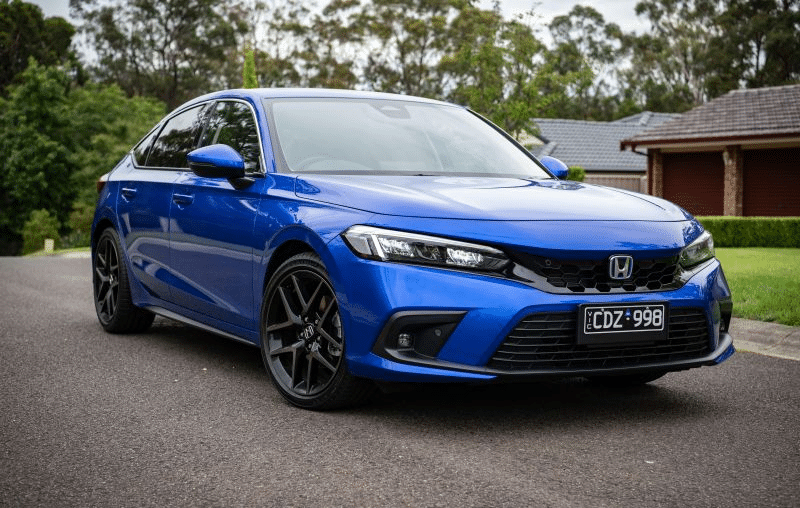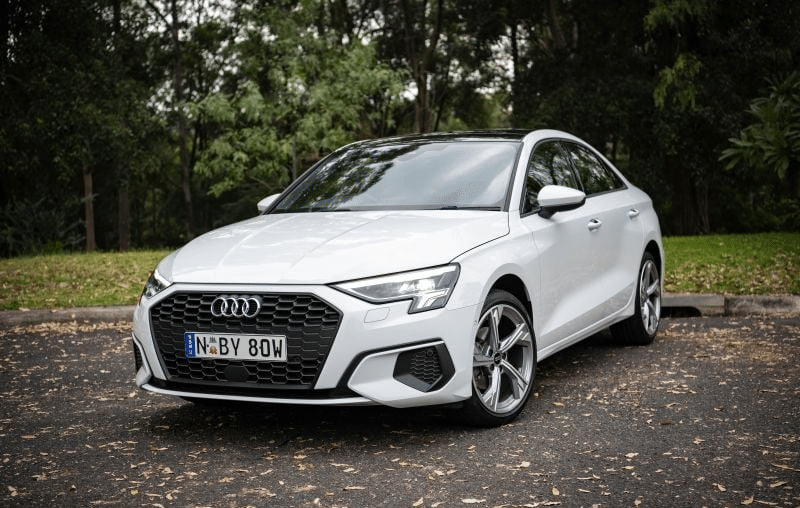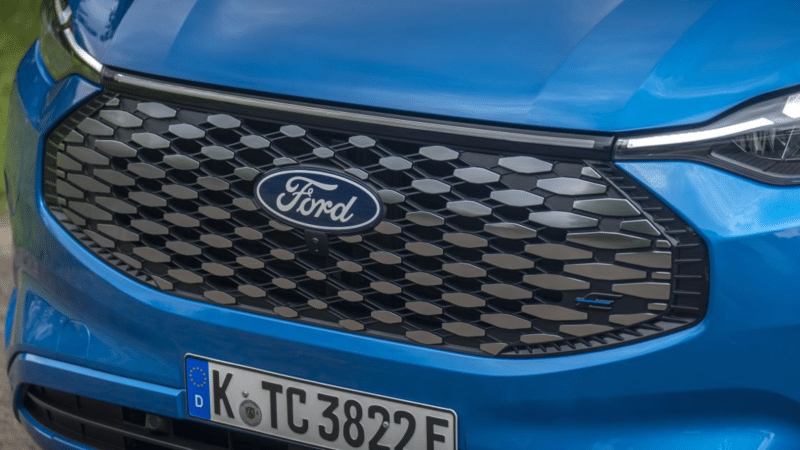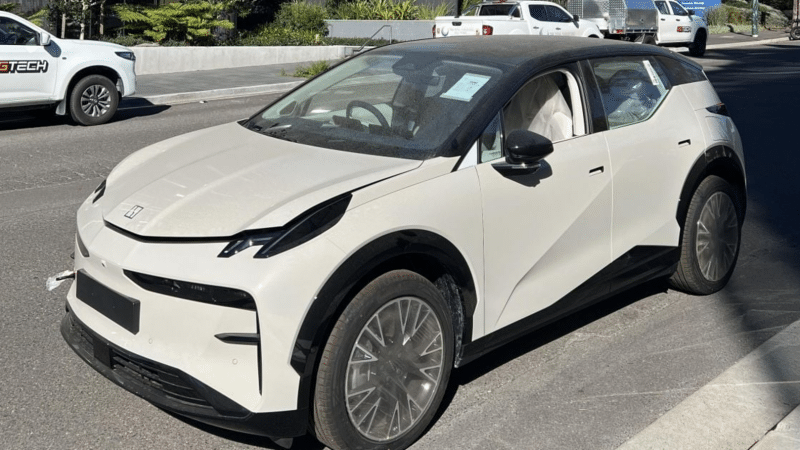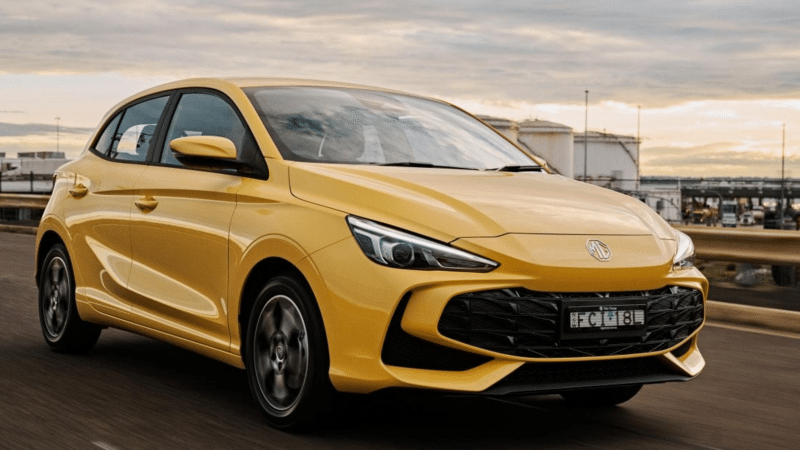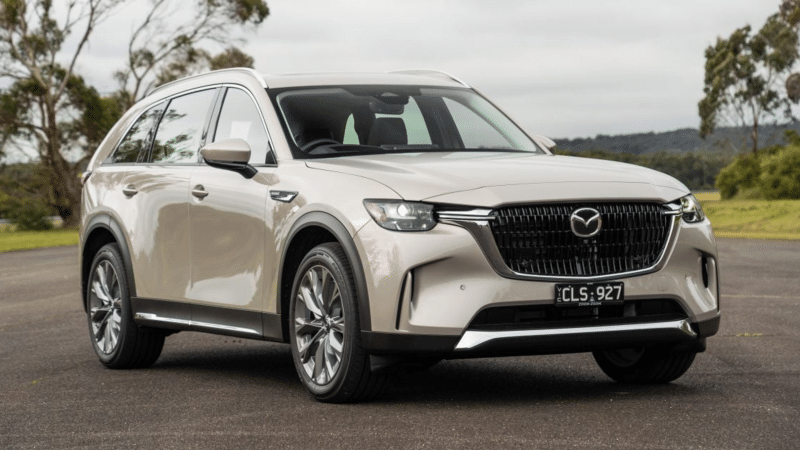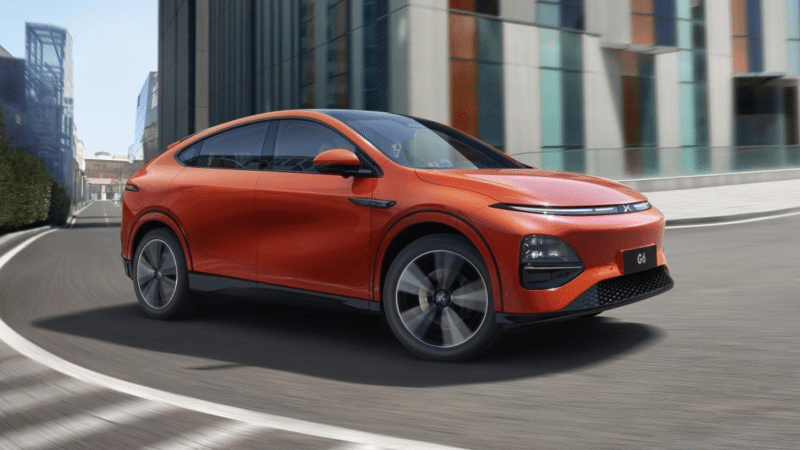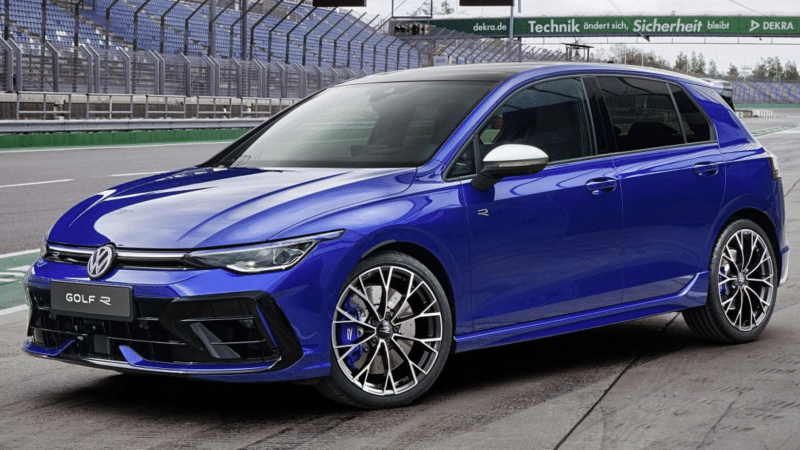Are High Priced Small Cars Really Fuel Efficient?
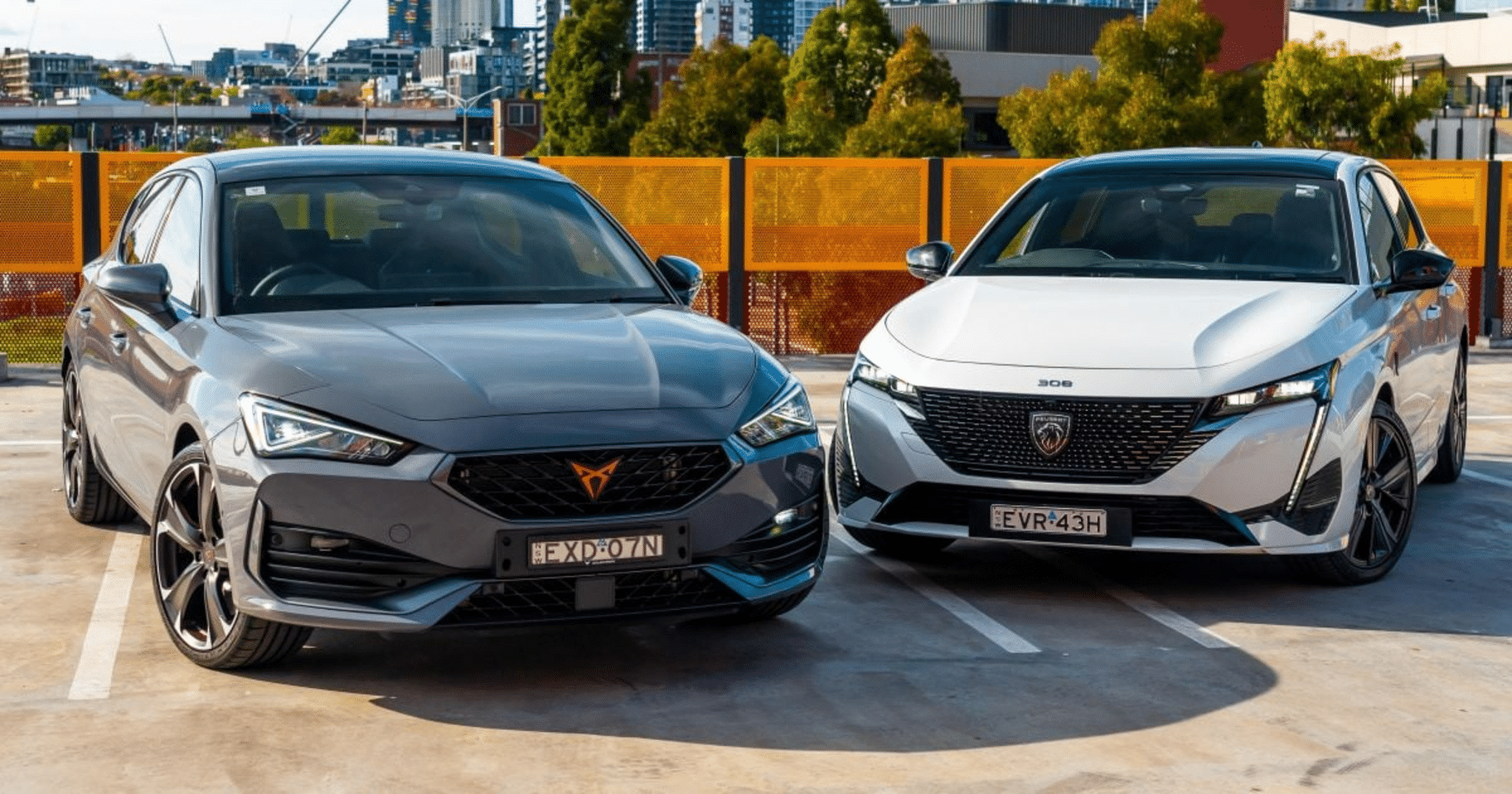
Are High Priced Small Cars Really Fuel Efficient?
Are these high priced small cars actually worth the extra cost in terms of fuel savings?
Let’s find out if these small cars with a hefty price tag are truly economical when it comes to fuel consumption. We’ve narrowed it down to the most efficient models in the above $40,000 category and compared their fuel economy.
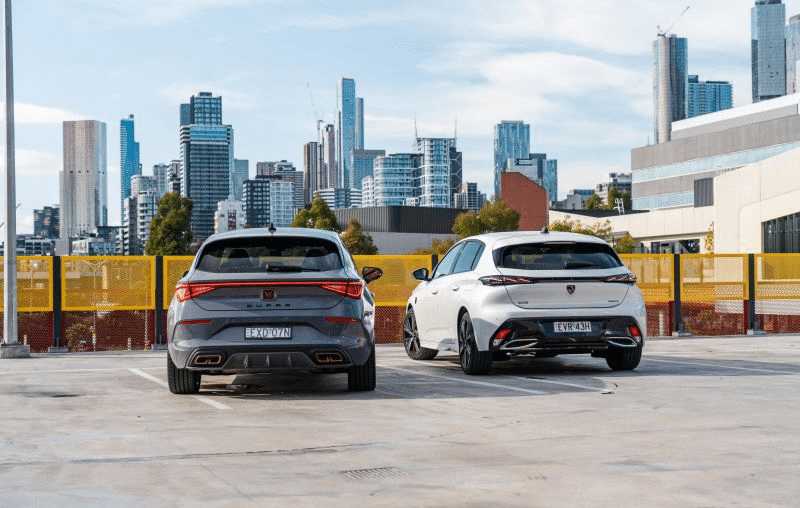
The Peugeot 308 plug-in hybrid takes the crown as the most fuel efficient premium small car, boasting a combined fuel consumption of 1.4L/100km. However, keep in mind that this figure relies on having a fully charged lithium-ion battery. If you’re looking for a petrol option, the Peugeot 308 GT and GT Premium hatch and wagon variants offer a claimed fuel economy of 5.3L/100km, with prices starting at $43,990. The entire Peugeot 308 range comes with wireless phone mirroring and a five-year warranty.
The Cupra Leon VZe PHEV provides a cheaper alternative to the Peugeot 308 GT, with a starting price of $64,990 drive-away. It boasts a claimed fuel efficiency of 1.8L/100km, but like other PHEVs, this figure is dependent on a charged lithium-ion battery pack. The petrol variants of the Cupra Leon range have a fuel economy rating within the 6.0L/100km range. Prices start at $49,190 drive-away, and a five-year warranty is included.
The Honda Civic e:HEV LX hybrid variant sips 4.2L/100km on the combined cycle, making it the first Japanese car on our list. Surprisingly, it requires cheaper 91 RON petrol. Prices for the hybrid variants are $55,000 and $47,200 drive-away for the LX and VTi-LX respectively. For those who prioritize performance, the Civic Type R starts at $73,600 drive-away and has a fuel consumption of 8.9L/100km, requiring 95 RON petrol. Honda offers a five-year warranty.
The Audi A3 sedan 35 TFSI takes the title of the most efficient Audi A3, with a claimed fuel consumption of 4.9L/100km. The hatchback version performs slightly worse at 5.0L/100km, but both variants feature a 48V mild-hybrid system for improved efficiency. Prices start at $50,600 for the Sportback and $53,100 for the sedan, with a 40 TSFI Quattro option available for $57,700. An updated A3 is expected to arrive in Australia by the end of 2024. Audi offers a five-year warranty.
The Volkswagen Golf stands out as the most affordable and efficient non-hybrid car on our list, with a claimed fuel consumption of 5.8L/100km. Prices start at $39,190 for the base 110TSI Life and go up to $70,590 for the range-topping R. Only the R variant requires 98 RON petrol. A five-year warranty is included.
The BMW 1 Series sets the benchmark for small BMWs in terms of fuel efficiency, with a claimed consumption of 5.9L/100km. Prices start at $54,800 for the base 118i M Sport. If you’re willing to spend more, you can opt for the 128ti or M135i xDrive, but these models require more expensive 98 RON petrol. BMW provides a five-year warranty with the 1 Series.
The BMW 2 Series Gran Coupe offers a claimed fuel consumption of 6.3L/100km. The 220i M Sport Gran Coupe is available from $65,200, while the M235i xDrive Gran Coupe costs nearly $20,000 more and requires 98 RON petrol. BMW’s five-year warranty applies to the 2 Series range.
The Mercedes-Benz A-Class A200 sedan starts at $63,400 and boasts a claimed fuel consumption of 6.5L/100km. The A200 hatch is slightly less efficient, but both models have a relatively small 43L fuel tank. The A35 AMG 4Matic variant offers more performance but consumes 7.9L/100km, requiring 98 RON petrol. Mercedes-Benz provides a five-year warranty.
The Subaru WRX is the least fuel efficient car on our list, with a consumption of 8.5L/100km. The range starts at $47,490 for the base manual variant and goes up to $57,990 for the automatic tS variant. All WRX models require 95 RON petrol. Subaru offers a five-year warranty and wireless Apple CarPlay and Android Auto across the range.
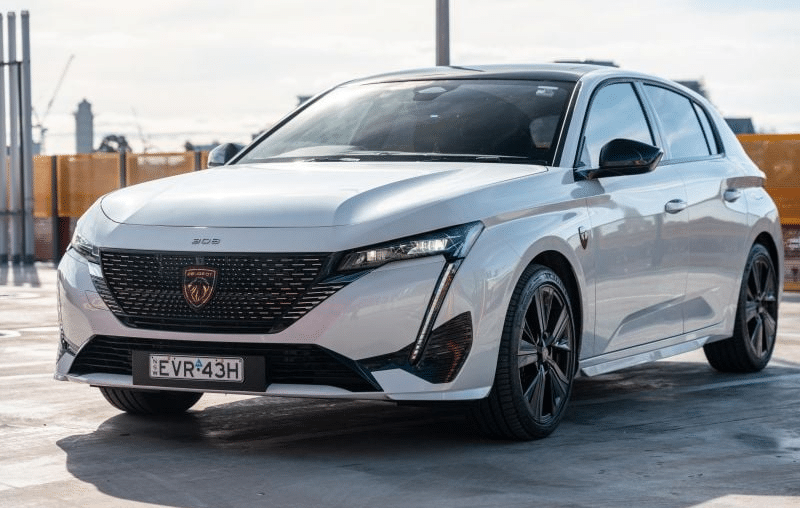
- Small cars in the $40,000 category were compared for fuel economy.
- Most efficient variants of each model were listed.
- Electric cars were excluded from this comparison.
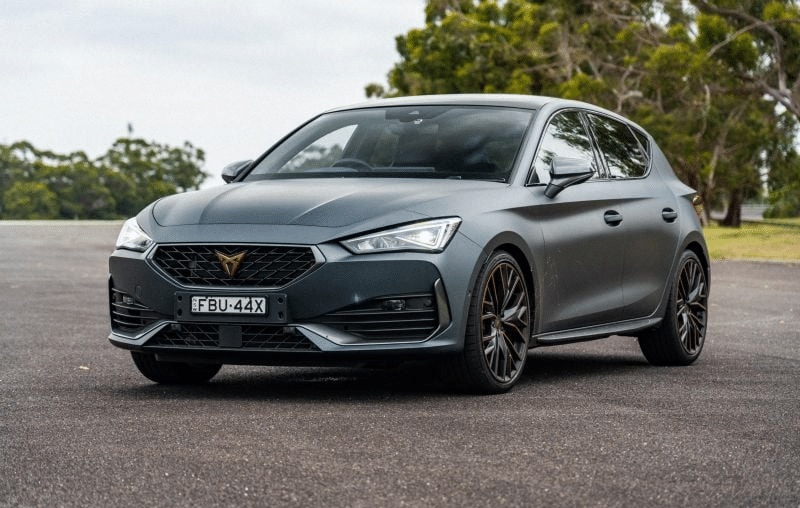
While these small cars come with a high price tag, their fuel efficiency varies. The Peugeot 308 plug-in hybrid takes the crown as the most fuel efficient, followed closely by the Cupra Leon PHEV. The Honda Civic and Audi A3 offer compelling hybrid options, while the Volkswagen Golf proves to be the most affordable and efficient non-hybrid. BMW and Mercedes-Benz provide options for those seeking luxury and performance. Finally, the Subaru WRX stands out as the least fuel efficient choice. So, when it comes to small cars, it’s important to weigh the price against fuel economy.
